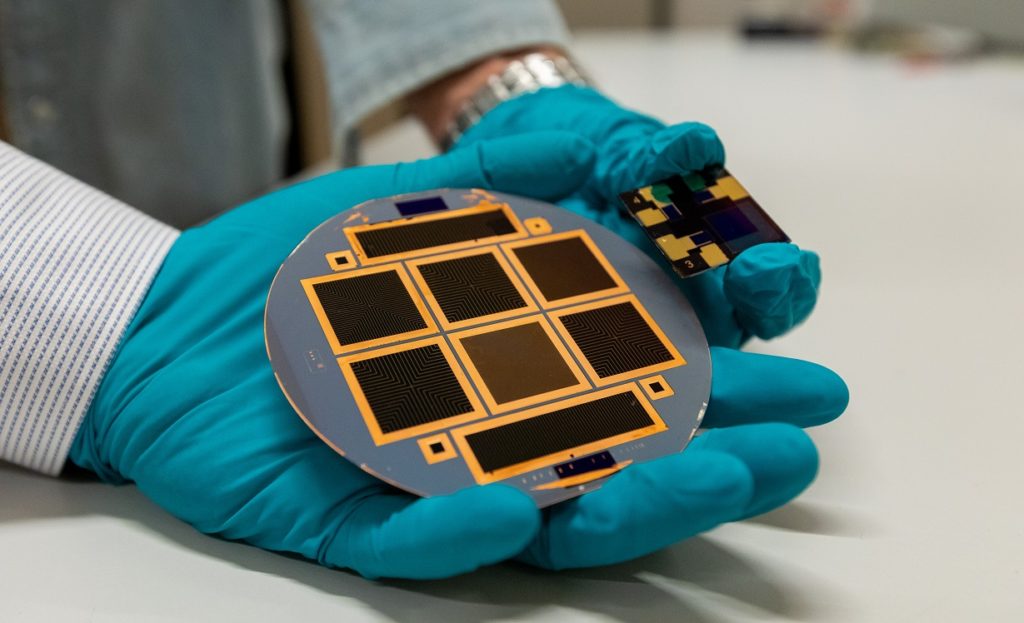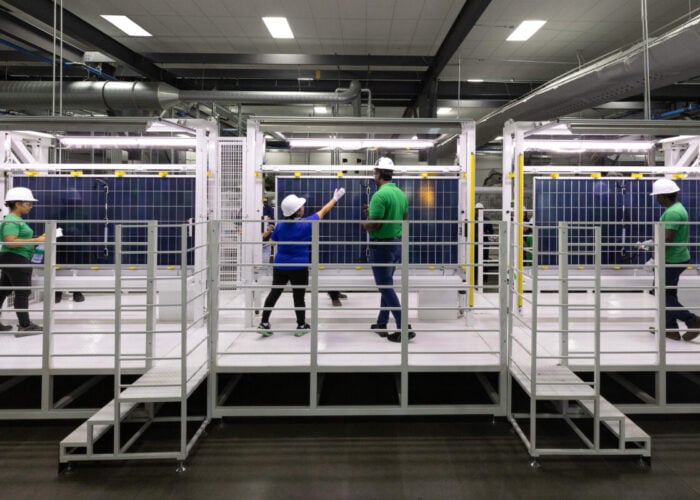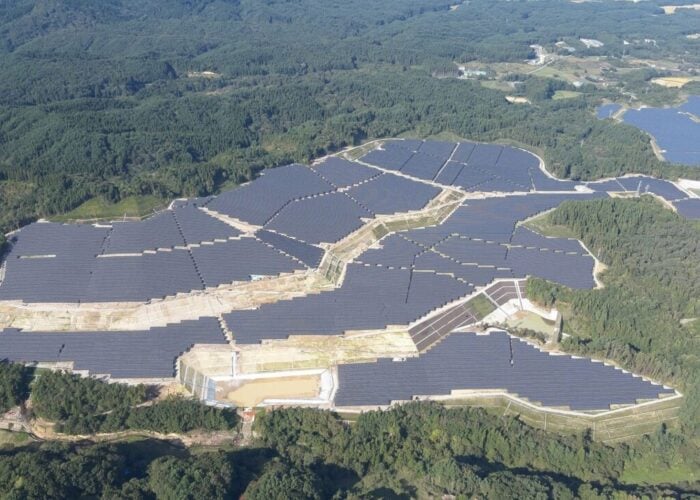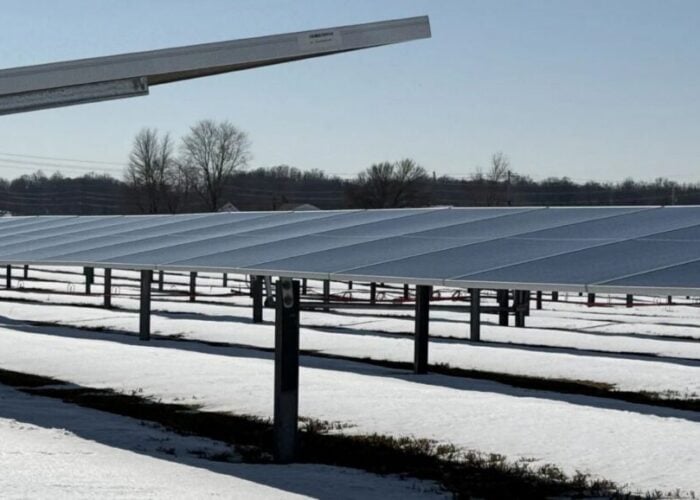
US solar technology company Swift Solar has secured US$27 million to develop its perovskite tandem solar cell manufacturing activities.
The funding was delivered in a Series A financing round led by Eni Next, the corporate venture capital arm of Italian energy company Eni. Other investors included Stamford University, Good Growth Capital and deeptech investor Fontinalis Partners.
Try Premium for just $1
- Full premium access for the first month at only $1
- Converts to an annual rate after 30 days unless cancelled
- Cancel anytime during the trial period
Premium Benefits
- Expert industry analysis and interviews
- Digital access to PV Tech Power journal
- Exclusive event discounts
Or get the full Premium subscription right away
Or continue reading this article for free
Swift said that the funds will support its efforts to scale “efficient and stable tandem technology” ahead of its apparent plans to break ground on a manufacturing facility. Stability has been the major stumbling block for the industrial development of perovskite tandem products to date, as the material suffers degradation when exposed to the elements.
This financial raise builds on the US$7 million the company received from the US Department of Energy (DOE) last month as part of a raft of investments into thin-film and silicon-based domestic solar manufacturing projects.
Joel Jean, co-founder and CEO of Swift Solar, claimed that: “Swift Solar will bring advanced solar manufacturing back to the US and strengthen our domestic renewable energy sector.”
He continued: “Solar is the future of energy—not just clean energy. Our advanced perovskite solar cells can outperform anything currently available on the market. People may not realise that solar manufacturing today is concentrated in China and Southeast Asia.”
Recently, Chinese solar manufacturing giant JinkoSolar developed a perovskite-tunnel oxide passivated contact (TOPCon) hybrid solar cell with a 33.24% conversion efficiency, as interest in perovskite grows.
In a public statement, Swift Solar claimed: “Perovskite solar cell production involves less material and less energy, which will drive down manufacturing costs and carbon pollution. The perovskite supply chain could be based entirely in the US and aligned countries, creating a major opportunity to expand domestic manufacturing. The performance gains and cost reductions from perovskite technology have the potential to decrease the cost of solar energy by up to 30%.”






